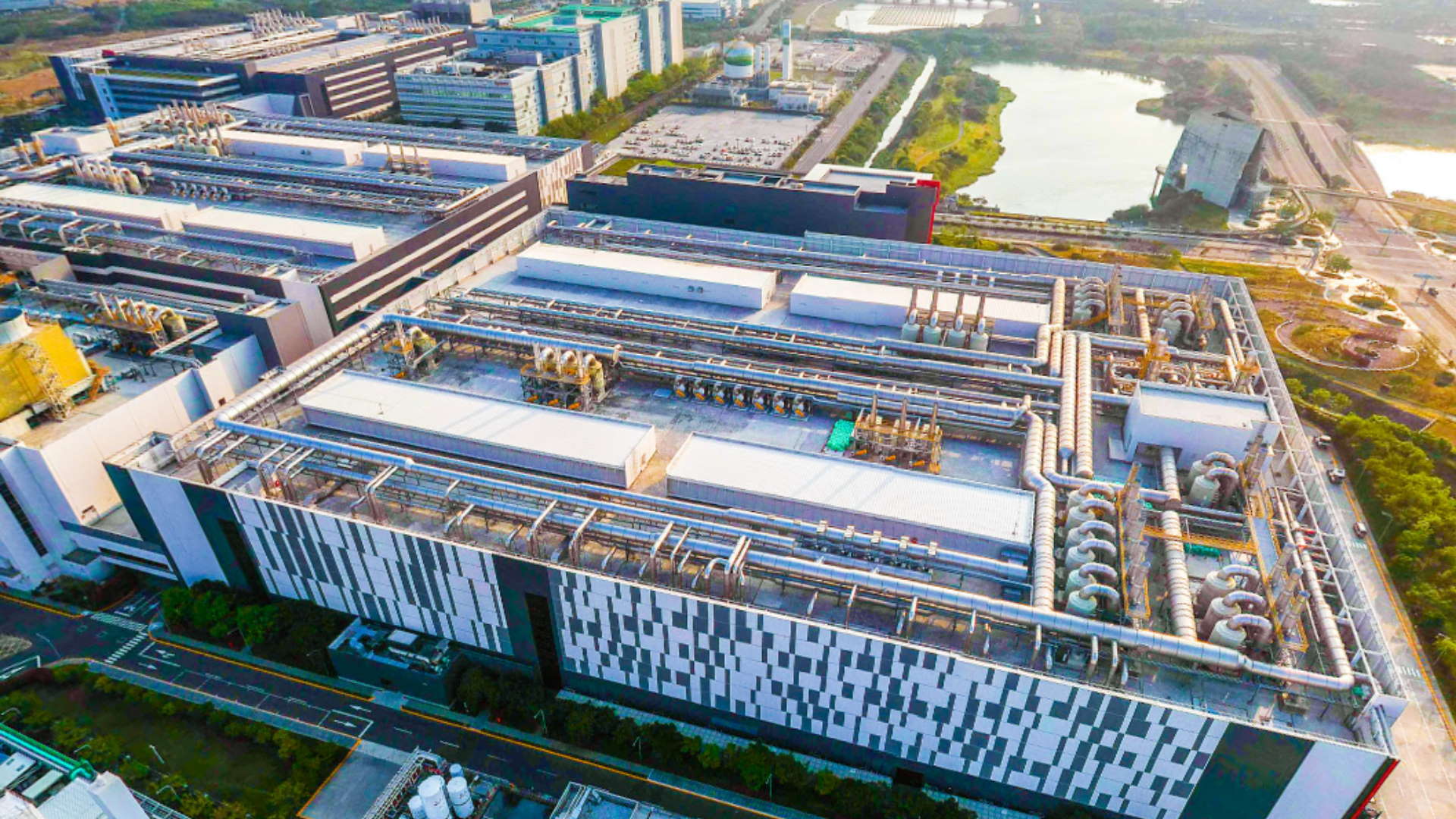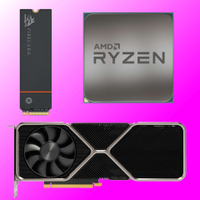China taunts Taiwan with claim that chip foundry TSMC could soon become 'USSMC' or the 'United States Semiconductor Manufacturing Co.'
Won't somebody please think of the people...?

In a heartwarming (ish) exposition of solidarity with democratic expression, China tabled concerns earlier today that the Taiwanese government could be preparing to give away its chip industry as a "souvenir" to the USA and that Taiwanese citizens were thus concerned that chip foundry TSMC could become "United States Semiconductor Manufacturing Co".
According to Reuters, Zhu Fenglian of China's Taiwan Affairs Office provided no evidence for the claims that the people of Taiwan held such concerns.
To put such a purported observation into proper context, China explicitly rejects the notion that the very same people of Taiwan ought be consulted over the demand from the mainland that the island territory should be assimilated back into China proper.
Likewise, no evidence was provided that the Taiwanese government is, as claimed, "using Taiwan's semiconductor industry and powerful companies to get a foot in the door to relying on foreign countries to seek independence, and even give them away as souvenirs."
The back drop to all this, of course, includes threats from President Trump to apply up to 100% tariffs on chips from Taiwan, TSMC's expanding chip production facilities in the US, plus rumours that TSMC is in talks with Intel to take joint control of the latter's fabs in some kind cooperation with Intel.
For the record, TSMC is the megafoundry that makes the world's most advanced chips and currently produces most of AMD, Nvidia and Intel's GPUs, most of AMD's CPUs and some of Intel's CPUs.
China's angst over Taiwan's chip industry likely also reflects a recognition that the most valued prize of all, TSMC itself, probably cannot be taken by force. That observation has nothing to do with geopolitics or China's military might, but rather the realities of chip production.
The biggest gaming news, reviews and hardware deals
Keep up to date with the most important stories and the best deals, as picked by the PC Gamer team.
Silicon foundries are extremely fragile operations and are dependent on complex supply chains that extend across the world. A military incursion is bound to upset that delicate balance, just failing to keep the air clean would bring production to a halt.
Retaining the critical expert staff would surely be an issue, while supplies of the ultra-pure silicon wafers would likely also be disrupted. And if production went off line for an extended period, it could take years to get everything back up and running, at which point the rest of the world would likely have moved on.
Whatever, for now there is no solid evidence of much at all, be that TSMC's possible tie-in with Intel, what the Taiwanese people think of all of this, or any plan for TSMC to entirely up sticks and move to the USA, the latter being a process that would take many years and wouldn't be hard to spot.
All of which means we'll have to wait and see how it all unfolds, including any tariffs that might be imposed by the Trump administration and what impact they may have on CPUs, GPUs and the rest.
Best CPU for gaming: Top chips from Intel and AMD.
Best gaming motherboard: The right boards.
Best graphics card: Your perfect pixel-pusher awaits.
Best SSD for gaming: Get into the game first.

Jeremy has been writing about technology and PCs since the 90nm Netburst era (Google it!) and enjoys nothing more than a serious dissertation on the finer points of monitor input lag and overshoot followed by a forensic examination of advanced lithography. Or maybe he just likes machines that go “ping!” He also has a thing for tennis and cars.
You must confirm your public display name before commenting
Please logout and then login again, you will then be prompted to enter your display name.


